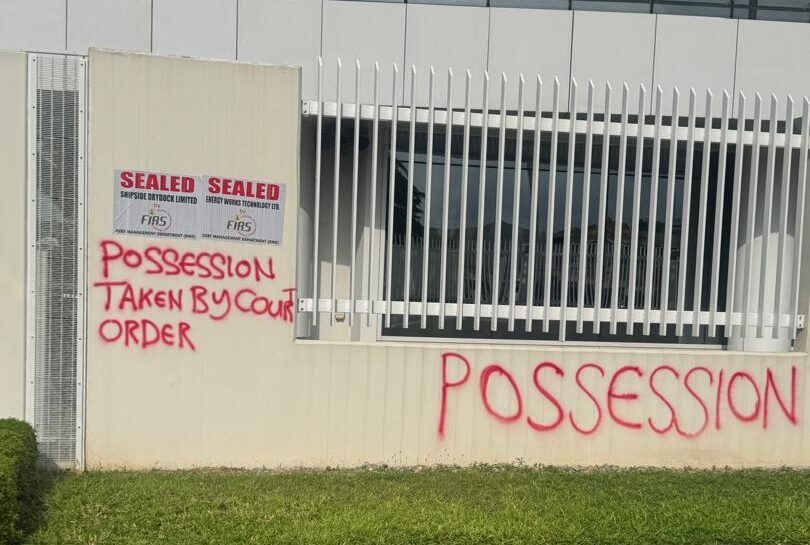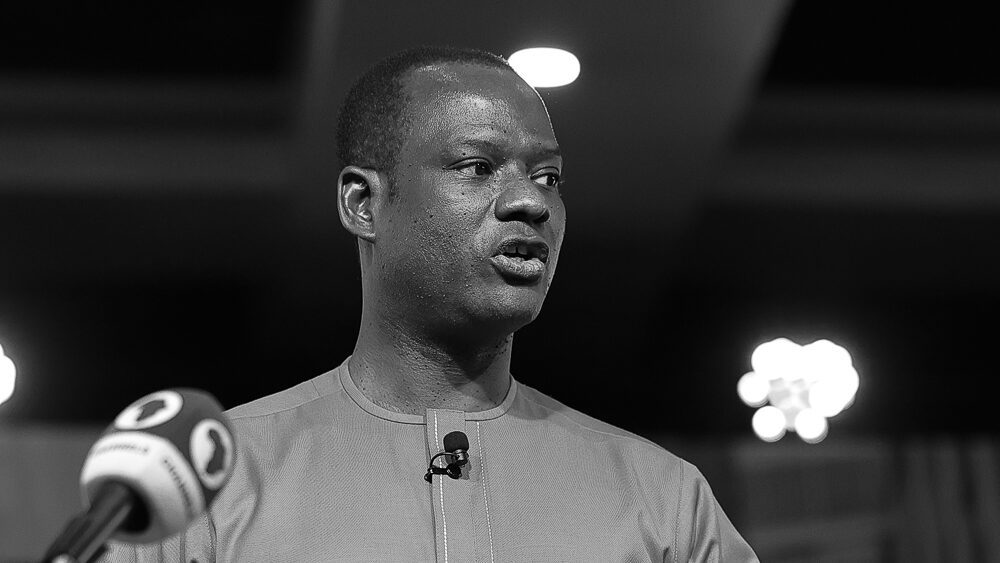Fiyinfoluwa Olorunsola
This year, the Nigerian government has made deliberate strides toward integrating more closely with the global economy. Through a series of reforms, ranging from tax rebates and proposed citizenship-by-investment schemes to major port concession, the policy direction is clear: strengthen the domestic economy, attract foreign capital, and reshape Nigeria’s standing in the global market.
At the heart of this transition lies the payment industry; the unseen but essential infrastructure of trade and commerce. From the spare parts trader in Alaba Market who depends on instant transfers to close a deal, to the banking executive approving a multi-million-dollar letter of credit, every transaction is powered by payments. What was once a simple means of exchange has become the backbone of commerce, technology, and financial trust.
Every reform that touches trade, investment, or consumer confidence ultimately relies on a payments system that is secure, scalable, and globally interoperable.
It is in this context that the recent decision by the Central Bank of Nigeria to adopt ISO 20022 is of particular significance. ISO 20022 is more than a technical requirement; it is a global financial messaging standard that enables payments to carry richer, structured data; clearly identifying who paid, why, where, and for what purpose.
For the ordinary customer, this means faster and clearer transactions; whether it’s a parent paying school fees online or a trader receiving an instant transfer at the market; with fewer disputes and delays. For businesses, it brings easier reconciliation and richer data, the kind that helps a supermarket chain track payments more efficiently or enables an SME to settle invoices automatically. For the Nigerian economy, ISO 20022 connects us to global payment systems like SWIFT, SEPA, UPI, and PIX, ensuring Nigeria can trade and transact on the same terms as leading economies.
Beyond efficiency, it can also drive financial inclusion by enabling richer customer profiling, so that a farmer with a history of mobile payments can be offered microloans, or a roadside retailer can access tailored banking products that were previously out of reach.
The migration will not be without challenges. Financial institutions and service providers will face system upgrades, implementation costs, and the need for extensive industry coordination and ample time to implement. However, the long-term benefits; transparency, efficiency, and interoperability, far outweigh the transitional hurdles. ISO 20022 offers Nigeria not merely compliance with international norms but the opportunity to participate more meaningfully in the global payments ecosystem. For example, SWIFT reports that over 40 percent of its daily cross-border traffic is already using the ISO 20022 format, and the richer data has enabled banks to reduce false alerts in anti-money laundering checks by up to 50 percent; a tangible benefit both to financial institutions and to customers who experience fewer payment delays.
At Hydrogen, our mission is simple: to make payments work better. We provide the critical infrastructure behind banks, fintechs, and merchants; ensuring that transactions clear quickly, reliably, and with the lowest chance of failure. From the market woman who needs instant access to funds, to a tier-one bank reconciling billions in daily payments, our rails deliver real-time visibility, seamless switching, and built-in fraud protection. By leading with reliability, we are redefining ISO 20022 in Nigeria; showing that even with its complexity, real value can be unlocked across cards, POS, transfers, and beyond. For us, every successful transaction is not just a technical outcome; it is a step toward trust, inclusion, and the growth of Africa’s digital economy.
As Nigeria pursues reforms in tax, trade, and infrastructure, one fact remains clear: none of these reforms can achieve their full potential without a payment ecosystem capable of matching the country’s global ambitions. At Hydrogen, we see ourselves at the frontier of this journey; building the rails that connect Nigeria’s financial system to the world and ensuring that globalization is not just a policy statement but a lived reality for businesses and consumers alike.
“ ISO 20022 is a step in that direction and, if implemented effectively, will accelerate Nigeria’s journey toward globalization and sustainable growth.”
About Hydrogen Payment Services Company Limited
Hydrogen Payment Services Company Limited (Hydrogen) is a leading provider of fast, reliable, and seamless payment solutions for businesses across Africa. Hydrogen empowers organizations with innovative tools to collect payments effortlessly, confirm transactions instantly, and scale with ease. With a commitment to financial inclusion, sustainability, and digital transformation, Hydrogen is revolutionizing the way businesses process payments ensuring every transaction is secure, seamless, and stress-free.
.Fiyinfoluwa Olorunsola is the Head of Business, Hydrogen Payment Services Company Limited



